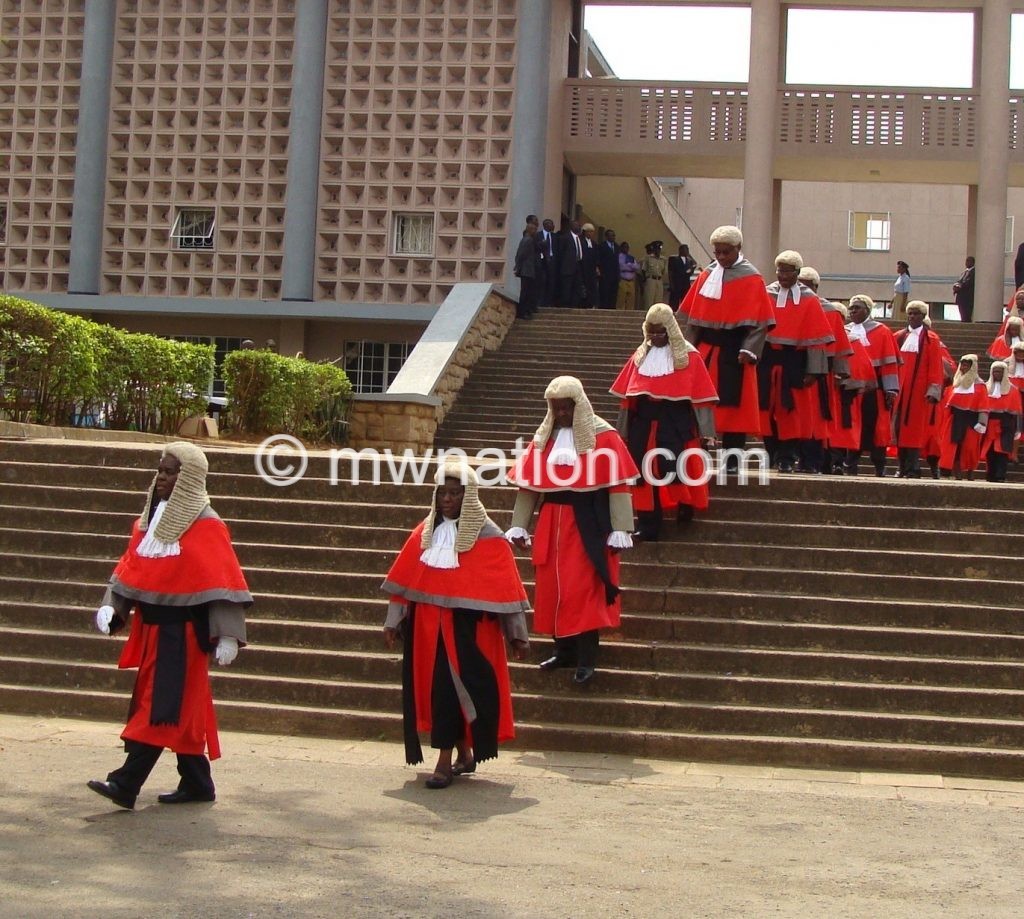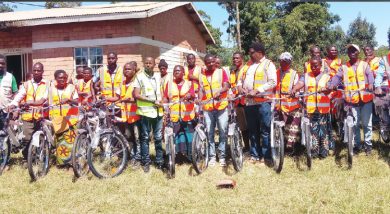Legal experts speak on judicial independence
Legal scholar Edge Kanyongolo says judicial accountability in the countr y can best be achieved by restructuring the Judicial Service Commission (JSC) and making operational the electronic case management system.
The former University of Malawi associate professor of law made the observation in Lilongwe on Tuesday during a meeting with civil society organisation (CSOs) and media representatives on strengthening judicial accountability.

He said in its current status, the JSC lacks diversity as it comprises mainly judicial officers and lawyers, which disadvantages the public from demanding accountability from the government arm.
Kanyongolo cited South Africa as an example where the JSC comprises diverse professionals, in academia , human resource management as well as legislators.
In his presentation, he also observed that in some districts, Court User Committees comprise prison and police officers as members, leaving ordinary citizens with no voice to take to task the Judiciary.
Said Kanyongolo: “It is not enough just to narrow it down to judges. There are a number of players that need to play their respective roles. For instance, what is Parliament doing about the issue of judicial accountability, how about the CSOs and the media?
“The way I see it, the problem lies in the structures. Reforms in the Judicial Service Commission as well as Court User Committees can help to bring changes. Why the electronic case management system is not yet operationalised? These are issues CSOs and media need to take up.”
On electronic case management system, he said it could also help in addressing concerns of judge shopping, proper registration of cases as well as easily tracking of progress or delays.
Commenting on the issue , another legal expert Justin Dzonzi, while agreeing with Kanyongolo’s sentiments, said the reforms needed in the Judiciary should target the performance of judges.
He proposed an amendment to the Constitution to allow the Chief Justice to present an annual judicial performance report to Parliament.
Dzonzi, who is executive director of Justice Link, said: “The focus should be how many cases have a judge handled over a period of time and how many has judge facilitated?
How many outstanding judgements does that same judge have, and how long has it taken to have them determined?”
The electronic case management system was designed to streamline judicial processes and ease access to the courts by ordinary Malawians, but earlier Malawi Law Society indicated that the system had encountered problems due to lack of equipment and connectivity challenges.
The computerised case management system is a multi-billion kwacha project funded by the European Union to ease pressure on the Judiciary by reducing case backlogs.
The judicial accountability workshop was organised by Youth and Society (YAS) in partnership with the United States Embassy.
Commenting on the insights shared during the workshop, YAS executive director Charles Kajoloweka said the dialogue will help the CSOs and the media to hone skills and have better knowledge around judicial infrastructure and dynamics that demotivate judicial accountability.
He said focus mostly has been on the Executive and Legislature arms of government, but CSOs and media need to also prioritise judicial accountability.
In his remarks, deputy public affairs officer for the US Embassy Edward Denny described judicial accountability as a chain or a matrix, saying everyone has to be accountable to achieve real results.





